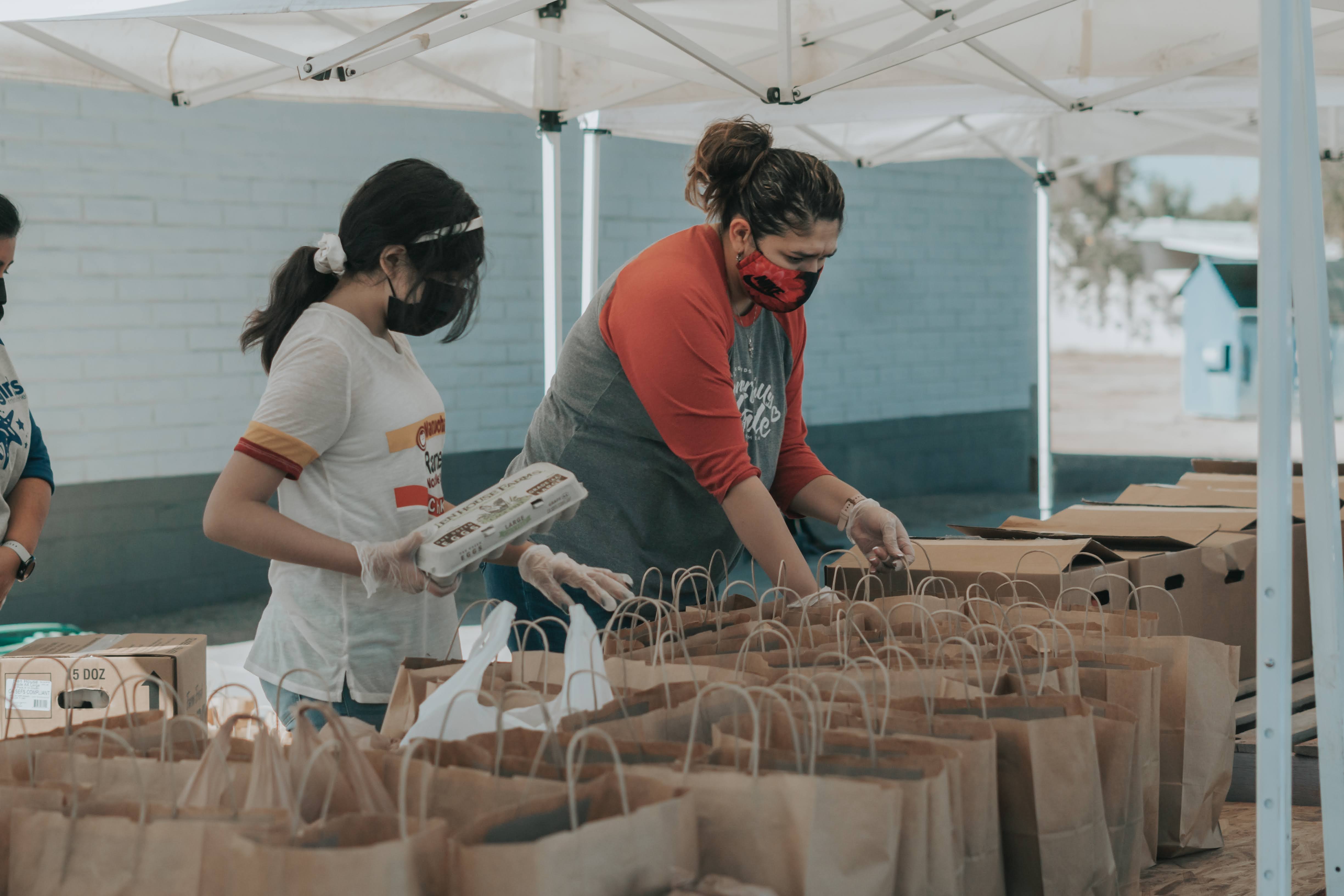Social Impact and Social Capital
A lot of voluntary organisations (charities, social enterprises, constituted and unconstituted community groups) are involved in delivering change in our communities.

What is social impact and social capital?
A lot of voluntary organisations including charities, social enterprises, constituted groups, informal groups and businesses are all involved in delivering change in our communities through volunteers.
We’ve all seen areas where change is needed, such as how we treat people, caring for the planet, and how business is conducted. When you find yourself ready to stop merely noticing things and become willing to make the change you want to see in the world, then you may decide to start to volunteer.
Whether it’s helping to distribute food, helping to litter pick or recycle or setting up a social enterprise with a social mission, you will be starting to create social impact. Social impact is the intentional, positive changes people make to create a better world for everyone - all living things included. Social impact is essential. It’s important for us to participate in social impact, but defining it and giving it structure is also important.
Never before have so many people, companies, and organisations been so aware of the impact they’re making - but never before have so many more people, companies and organisations needed to change their practices and become even more socially conscious particularly with the challenges we are facing such as cost-of-living and climate change. The great work everyone is doing to create social impact will ultimately build social capital in our communities which benefits everyone. Social capital as the networks of relationships among people who live and work in a particular society, enabling that society to function effectively. It involves the effective functioning of social groups through interpersonal relationships, a shared sense of identity, a shared understanding, shared norms, shared values, trust, cooperation, and reciprocity.
Social capital is a measure of the value of resources, both tangible (e.g., public spaces, private property) and intangible (e.g., actors, human capital, people), and the impact that these relationships have on the resources involved in each relationship, and on larger groups. Some have described it as a form of capital that produces public goods for a common purpose, although this does not align with how it has been measured.
The more people you know, the more you do for these people, the more you give to other people you know, then the more social capital you have and the more benefit you can derive from it.
Social capital is best ‘used’ when there is give and take otherwise social capital is depleted – nobody likes people who only take and don’t provide anything in return. By trying to build as much social capital as possible it becomes more likely that you can benefit from it when and how you need it. Hourcoin is developed on the idea of doing others a favour and potentially having that favour repaid at some time in the future. If this does not take place then social capital can be depleted.
Social capital can be developed through investment in your social relationships, it also can be derived purely from a sense of belonging – we can feel a sense of belonging and therefore feel trust and reciprocity with people we have never met, for example we feel this with another person from your home town when you meet them elsewhere.
Using Hourcoin in your organisation or in your community can help to build and measure the social impact and the social capital that you are creating.


